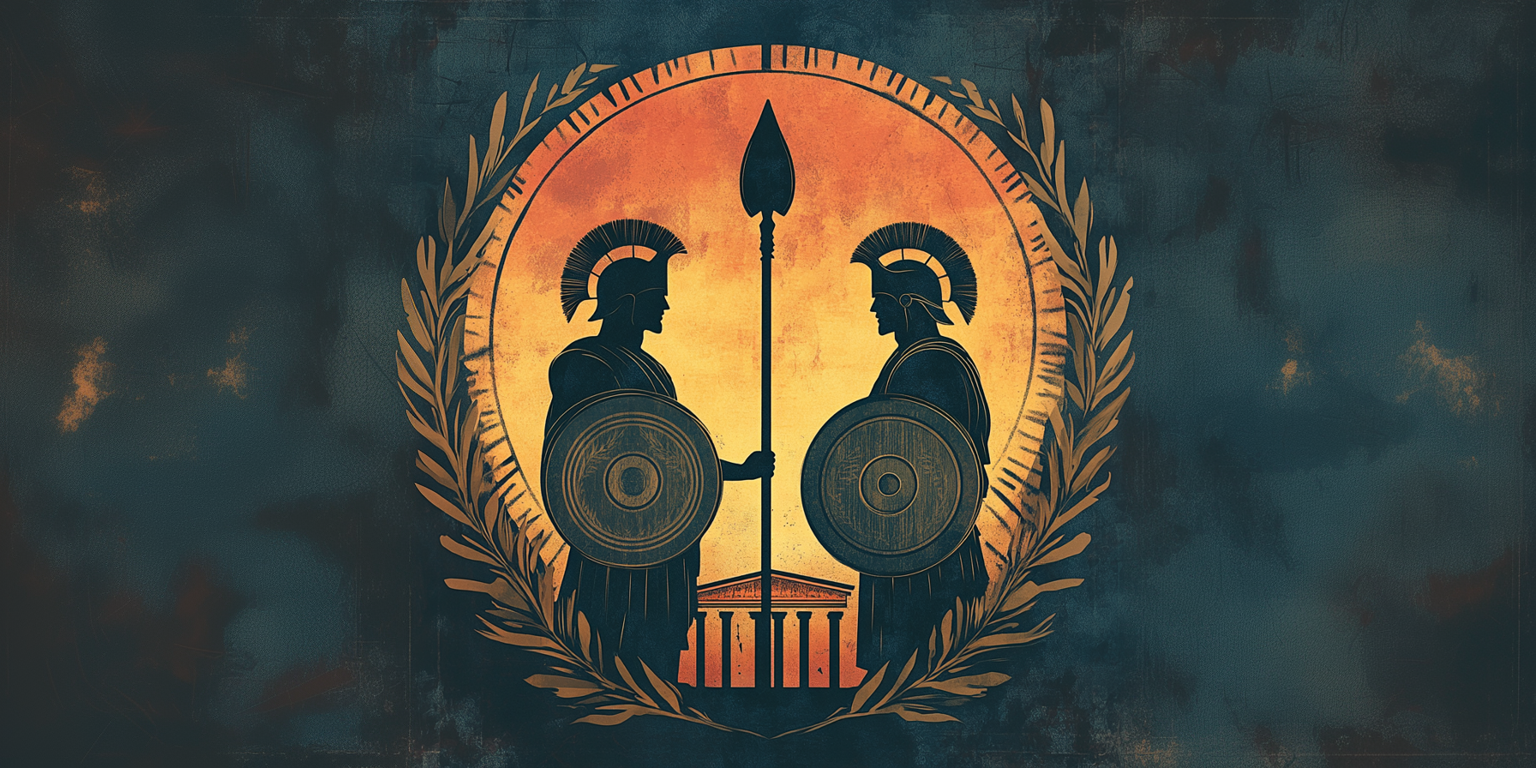
Blitzed: Drugs in the Third Reich by Shaun Whiteside
“Blitzed Drugs in the Third Reich” is a book that explores the widespread drug use in Nazi Germany during World War II. The book reveals how drugs like methamphetamine, cocaine, and opioids were commonly used.
Following World War I and during World War II, Germany was cut off from many of the natural resources needed to fuel their war effort. This included access to oil, rubber, and other materials. In response, German chemists began experimenting with synthetic alternatives to these resources. One of the most successful of these efforts was the development of methamphetamine. A powerful stimulant drug that affects the central nervous system. It is highly addictive and can cause severe physical and psychological side effects. One of the most dangerous effects of Meth is that it can give the user no sense of danger. When someone takes Meth, it increases the levels of dopamine in the brain, which creates a feeling of euphoria and pleasure. However, it also suppresses the brain’s ability to feel fear and recognize danger. This can lead to reckless behavior, poor decision-making, and a lack of concern for personal safety.
By 1937, German chemist Fritz Hauschild created Pervitin, which contained Methamphetamine. The drug was initially marketed as a treatment for depression and fatigue, but it quickly became clear that it had other benefits as well. Pervitin was believed to increase alertness, suppress hunger and fatigue, and boost German soldiers morale.
During World War II, German soldiers were given Pervitin. It was used to help keep soldiers awake and alert during long battles. However, it also had the unintended consequence of making them feel invincible and fearless. This led to risky behavior and a disregard for their own safety and the safety of others.
The drug was incredibly effective, allowing soldiers to stay awake and alert for days at a time. However, it came with a significant cost. Pervitin was highly addictive, and many soldiers became dependent on it. Additionally, it had numerous side effects, including paranoia, hallucinations, and other mental health issues.
While the effects of Meth on the brain can be devastating, some users may report regaining a sense of danger after stopping use. However, for others, the damage may be permanent, and they may continue to struggle with a lack of concern for their own safety. Despite these risks, Pervitin remained popular among Germans throughout the war (and after). It was so successful that it was included in the standard issue medical kit for soldiers.
In this book, there is a story of a young soldier writing home for supplies from his family. The soldier is none other than Heinrich Böll, a renowned German writer who later won the Nobel Prize for Literature in 1972. In his first letters home, Böll requested his family send him some supplies including personal items, food, and Pervitin. Subsequent letters included fewer personal items, until the requests were solely begging for more Pervitin. It is now widely known that Böll struggled with addiction to Pervitin during his time as a soldier. In his later years, he wrote candidly about his addiction and how it affected him. In his writing, Böll shared the physical and mental toll his addiction took on him, as well as the difficulties he faced in overcoming it.
Dr. Theodor Morell was a German physician who served as Adolf Hitler’s personal physician from 1936 until the end of World War II. Morell was a member of the Nazi Party and was known for prescribing unconventional treatments to Hitler.
Morell’s relationship with Hitler was complicated. Some reports suggest that Hitler was initially skeptical about Morell’s methods, but eventually grew to rely on him heavily. Morell treated Hitler for a range of ailments, including stomach cramps, skin conditions, and even psychological issues. There are records that document that Morell gave Hitler a wide range of drugs, including methamphetamine.
There are conflicting reports about the effectiveness of Morell’s treatments. Some historians argue that Morell’s unconventional methods may have contributed to Hitler’s declining health in the later years of the war. Others suggest that Morell’s treatments had little effect on Hitler’s health. Historians are starting to agree that Morell’s drug treatments may have contributed to Hitler’s erratic behavior and poor decision-making during the war.
It is unclear whether Morell could be held responsible for the outcome of World War II due to the drugs he gave to Hitler. As it is also difficult to determine how much of an impact Morell’s treatments had on Hitler’s decision-making and overall mental health. Today, Morell’s actions are widely condemned. Many see him as a quack doctor who used unproven methods to treat a dangerous and unstable leader. While prompting the use of Pervitin to the entire German population.
Pervitin was a widely used drug in Nazi Germany. The German High Command distributed millions of tablets of Pervitin to its troops, and it was believed to have played a significant role in the early victories of the German army in World War II.
On May 10, 1940, Germany launched a surprise attack on France, invading the country by crossing the Ardennes forest. The German army arrived nine days earlier than the French government had anticipated. The invasion of France by Germany was swift and successful. The French were caught off guard, and their response was slow and disorganized. The French army was still fighting in Belgium, and Paris had no army to defend it. The French were unable to stop the German advance, and the German army quickly took control of key French cities, including Paris. The reaction of the French to the German invasion was one of shock and disbelief. Many French citizens were angry and frustrated with their government’s lack of preparedness for the invasion. The French army was well-equipped and better trained. Still the German army had a significant advantage – Pervitin.
Towards the end of the war, the stockpiles of Pervitin began to dwindle, and German soldiers had to rely on other drugs to keep them going. These drugs were less effective, leading to a decline in the German army’s performance. The lack of Pervitin had a significant impact on the outcome of World War II. Without Pervitin, German soldiers were less focused, less alert, and less effective on the battlefield. The decline in their performance gave Allied forces an advantage, leading to their eventual victory. Upon losing the war a staggering 100,000 Germans officials and their families committed suicide.
Pervitin remained on the market in Germany until the early 1960s when it was banned due to its addictive properties and negative side effects.
View all my Goodreads reviews



